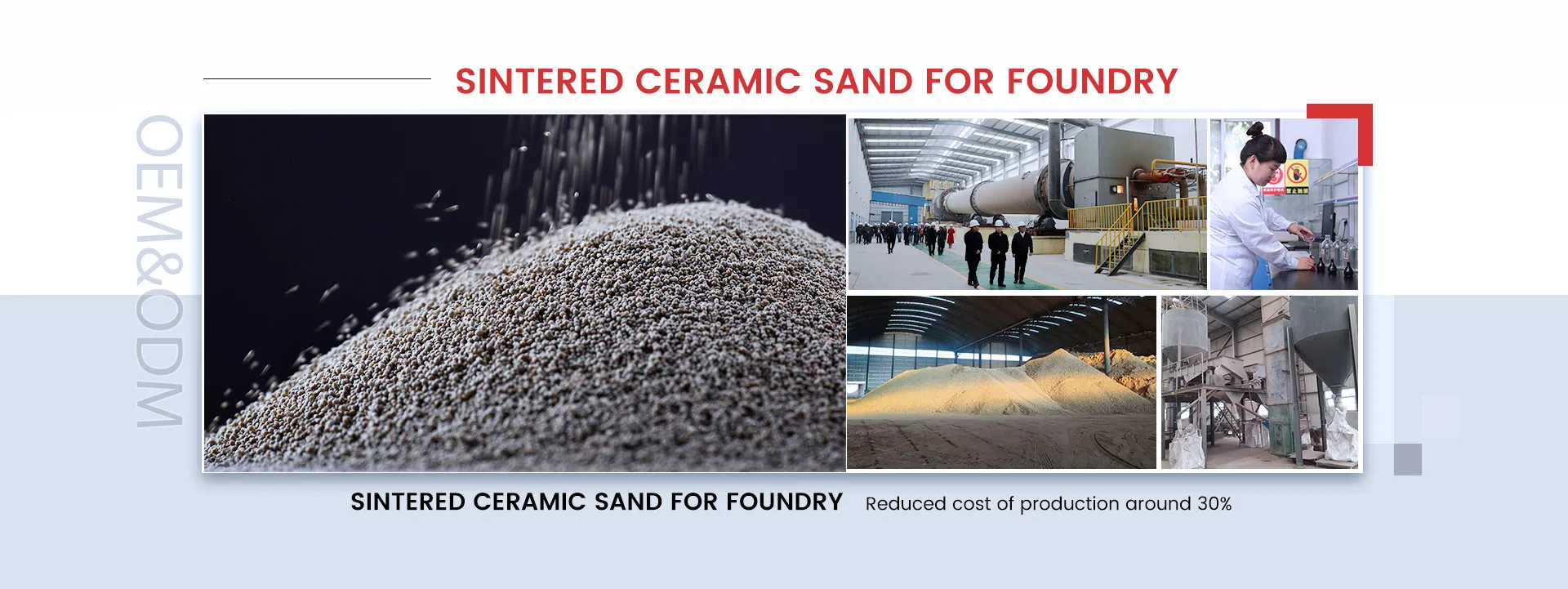Fine Casting Sand The Unsung Hero of Metal Casting
In the world of manufacturing, especially in the metal casting industry, the importance of materials often goes unnoticed. Among these materials, fine casting sand stands out as a critical component that plays an indispensable role in creating high-quality castings. This article delves into the characteristics, applications, and advantages of fine casting sand, shedding light on why it is considered the unsung hero of metal casting processes.
What Is Fine Casting Sand?
Fine casting sand, as the name suggests, refers to a type of sand that is finely graded, often composed of high-purity silica or other materials. Its particle size typically ranges from 0.1 mm to 0.5 mm. The primary purpose of this sand is to create molds that can withstand high temperatures and provide a smooth surface finish for metallic components. The unique properties of fine casting sand enable it to perform exceptionally well in various casting processes, including sand casting, green sand casting, and shell molding.
Characteristics of Fine Casting Sand
The effectiveness of fine casting sand in the manufacturing process can be attributed to several key characteristics
1. Grain Shape and Size Fine casting sand typically features well-rounded grains, which facilitate better packing and compaction. This property improves the mold strength and reduces the likelihood of defects in the final casting.
2. Thermal Stability Fine casting sand has excellent thermal resistance, allowing it to endure the high temperatures encountered during the metal pouring process. This characteristic ensures that the molds maintain their integrity and shape, resulting in precise castings.
3. Permeability A good casting sand must allow gases to escape during the metal pouring process. Fine casting sand strikes a balance between fine particle size and permeability, ensuring that the mold can expel gases efficiently, which is crucial for preventing defects.
4. Plasticity and Bonding When mixed with binders and water, fine casting sand exhibits good plasticity, enabling it to be easily shaped and formed into molds. This property is essential for creating intricate designs in cast metal parts.
Applications of Fine Casting Sand
Fine casting sand finds extensive use across different sectors of manufacturing
. It is predominantly utilized infine casting sand

1. Automotive Industry Fine casting sand is crucial in producing engine blocks, transmission cases, and other complex components that require precision and durability.
2. Aerospace Sector The aerospace industry relies on high-quality castings for critical components such as turbine blades and engine casings, where fine casting sand ensures exceptional performance and reliability.
3. Artistic Metalwork Fine casting sand is also popular among artisans and sculptors who create metal sculptures. It allows for detailed designs and a smooth finish, enhancing the aesthetic appeal of the final product.
Advantages of Fine Casting Sand
The utilization of fine casting sand in metal casting processes offers numerous advantages
1. Cost-Effectiveness Fine casting sand is generally less expensive than other materials, making it a cost-effective choice for manufacturers, especially when producing large volumes of cast parts.
2. Versatility Its adaptability makes fine casting sand suitable for various casting techniques, providing manufacturers with the flexibility they need to meet different production requirements.
3. Enhanced Surface Finish The fine grain structure of fine casting sand results in a smoother surface finish on cast products, reducing the need for extensive finishing processes and thereby saving time and labor costs.
4. Sustainability Many suppliers are focusing on sustainable sourcing and recycling practices for fine casting sand, reducing environmental impact and promoting responsible manufacturing.
Conclusion
In conclusion, fine casting sand is a vital material that significantly impacts the quality and efficiency of metal casting processes. Its unique characteristics make it indispensable in various industries, from automotive to aerospace and artistic metalwork. As technology continues to advance, the role of fine casting sand is only set to grow, reinforcing its status as the unsung hero of the metal casting world. By recognizing its importance, manufacturers can continue to harness its potential to create high-quality castings that meet the demands of modern production.
Post time:нов . 19, 2024 06:36
Next:wet sanding ceramics
